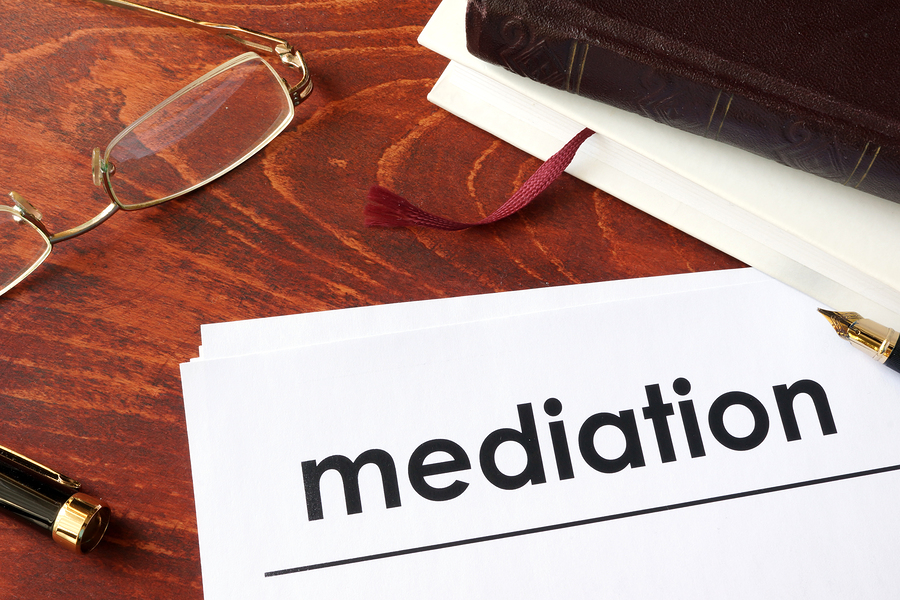Should You Mediate Your Personal Injury Case?
 Michael Babboni
Personal Injury
If you get into an accident where you sustain an injury, and you know that injury was not your fault, it’s only nat-ural to want to get compensation for this from the party that’s actually responsible. In the worst case scenarios, that other party will refuse to acknowledge any responsibility, which means if you want to get your financial compensation, you’ll have to get a St. Pete lawyer to act as your advocate in a civil lawsuit, complete with pre-senting evidence and arguments to a jury, and waiting on a verdict to see whether they agree with your cause.
Michael Babboni
Personal Injury
If you get into an accident where you sustain an injury, and you know that injury was not your fault, it’s only nat-ural to want to get compensation for this from the party that’s actually responsible. In the worst case scenarios, that other party will refuse to acknowledge any responsibility, which means if you want to get your financial compensation, you’ll have to get a St. Pete lawyer to act as your advocate in a civil lawsuit, complete with pre-senting evidence and arguments to a jury, and waiting on a verdict to see whether they agree with your cause.All of this, of course, means a lengthy preparation for you and your lawyer, gathering up evidence, collecting testimony, and perhaps even getting expert witnesses to explain the exact nuances of the case. But an actual court case can take a lot of time, even if you’re not necessarily paying much in the way of money, since your lawyer would only be paid if the case was won. But there are other alternatives, and one of them is known as a mediation.
Settle It Before It Gets To Court
Many people are familiar with the term out of court settlement for an arrangement that has been struck to com-pensate someone without an official, legally mandated decision from a jury in court. In many ways, a mediation is the ideal form of settlement in this manner, because it does one crucial thing; it saves time on a trial in court.
When you decide to go to court, you are becoming part of a very long, bureaucratic process. You’ll have to find an available date for your trial to go ahead, which is often months—or even years—ahead of time, because the Florida court system is busy every business day of the year. This is why even the state courts would rather have people mediate their differences before resorting to a trial, as it means an already busy court docket doesn’t have to find the time and the money to handle a problem that might be easily solved outside a court-room.
Negotiating Terms
A mediation does not, mean, however, that you simply talk to the other person at a café, and then agree on compensation with a handshake. While mediation takes place outside the courtroom, this is still a negotiation with some legal and contractual weight behind it. This means that mediation often occurs with lawyers present, as well as someone acting as a mediator, to keep the discussion calm, in control, and moving towards a pro-ductive conclusion that people can agree on.
A mediation is not an excuse for two opposing parties to shout and argue with each other. In some cases, however, this interaction between the opposing parties may actually be a good thing. The ability to see and even interact with the other person, and see them as someone human, that has made a mistake, can sometimes make it easier for people to understand each other’s viewpoints, and argue in good faith.
This is why even if you decide to mediate, you should do with the advice and help of a lawyer. Just because it doesn’t happen in court, doesn’t mean it has no legal ramifications.
